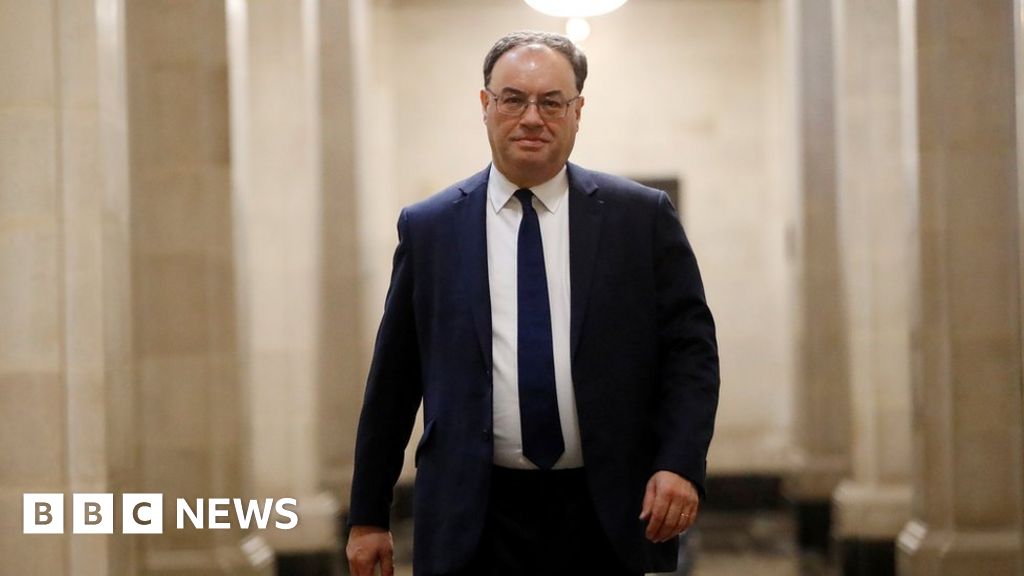
Here are five things you need to know about the coronavirus outbreak this Friday evening. We'll have another update for you on Saturday morning.
1. Bank of England 'ready to take action' over slump
After figures revealed the UK suffered its largest ever economic contraction - shrinking by more than 20% - Bank of England governor Andrew Bailey said he was "ready to take action". The fall was historic, but he said it was not surprising given that large parts of the economy were shut down. There were signs the economy was "now beginning to come back into life", he said.
2. Woman sues government over 'disgrace' of care homes
Dr Cathy Gardner's father, Michael Gibson, died at 88 of probable Covid-19 related causes in April, following what her lawyers say was pressure on his care home to admit a hospital patient who had tested positive for the virus. Now she is suing the government, accusing it of unlawfully exposing thousands of care home residents to serious harm. She described it as a "national disgrace", but the Department for Health and Social Care said it could not comment on an ongoing legal case.
3. Uber makes face coverings mandatory
If you're planning to catch an Uber from Monday, you will be required to wear a face covering, the company has announced. The decision brings the minicab app firm in line with public transport. Uber said it was introducing the rule for passengers and drivers to "help everyone stay safe" and was also introducing measures to give drivers access to protective equipment.
4. Poorest areas suffer twice as many virus deaths
Taking into account the age of the population, deprived areas in England and Wales have seen death rates twice as high as wealthier areas, the Office of National Statistics revealed. London had the highest proportion of deaths, with more than one in 500 people dying in the borough of Brent. However by May the highest mortality was in the north-east of England. Sample tests in the community show infection rates are falling, however.
5. Where did all the bargains go during lockdown?
A fall in the number of special offers in the shops partly caused a 2.4% rise in the cost of groceries in the first month of lockdown, research by the Institute of Fiscal Studies found. That's equivalent to the expected price rise over a whole year. And shoppers were also likely to find significantly less variety; the research reveals that there was an 8% fall in the range of grocery products on the shelves.
And don't forget...
...some secondary school students are due back in school on Monday - find out which ones are returning and how schools are changing here.
There's more information, advice and guides on our coronavirus page and you can get the latest updates on our live page.
What questions do you have about coronavirus?
In some cases, your question will be published, displaying your name, age and location as you provide it, unless you state otherwise. Your contact details will never be published. Please ensure you have read our terms & conditions and privacy policy.
Use this form to ask your question:
If you are reading this page and can't see the form you will need to visit the mobile version of the BBC website to submit your question or send them via email to YourQuestions@bbc.co.uk. Please include your name, age and location with any question you send in.
- HOSPITAL SPECIAL: The human stories behind the headlines
- JESSE LINGARD'S HOME WORKOUT: Can you keep up?
https://news.google.com/__i/rss/rd/articles/CBMiJmh0dHBzOi8vd3d3LmJiYy5jby51ay9uZXdzL3VrLTUzMDI2OTM00gEqaHR0cHM6Ly93d3cuYmJjLmNvLnVrL25ld3MvYW1wL3VrLTUzMDI2OTM0?oc=5
2020-06-12 16:45:36Z
52780848074269
Tidak ada komentar:
Posting Komentar